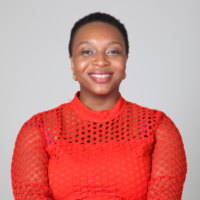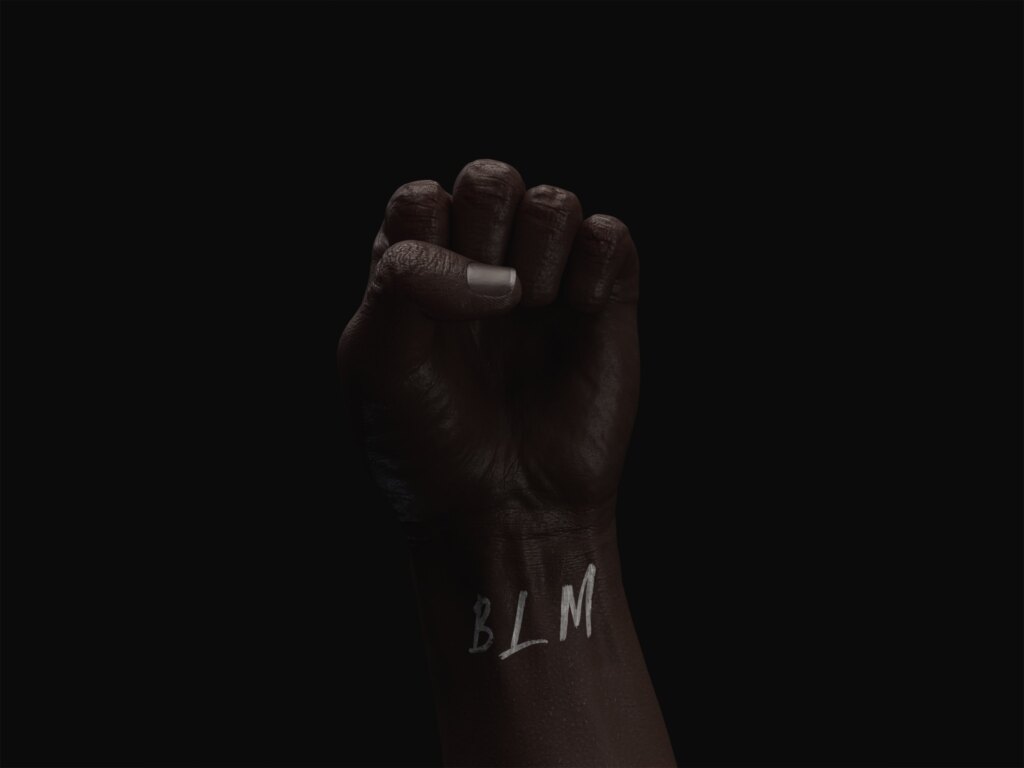
Location, Agency and Hashtag Activism during the COVID-19 Pandemic
My reflections on COVID19 needs to start with a reflection on my sense of home and the fact that I have always been torn between my physical home in the UK, and my sense of home in Africa.
I use ‘Africa’ deliberately, because in the last two years I have become increasing connected to a continental outlook and not a national one focused solely on Nigeria. While I continue to reflect on the word to describe my identity, I cogitate with ‘Afropolitan’, a word coined by Taiye Selasi (2005), and which Eze (2014; 239) describes as a term used in an “effort to grasp the diverse nature of being African or of African descent in the world today”. For me, I use it to contemplate my identity and sense of responsibility towards the continent. An empowered stance, which does not take its starting point from a resistance to the West and colonialism in the way that Pan Africanism does, but one that rejects notions of victimhood. I see myself as a global African citizen, therefore my contribution to home is my contribution to the continent, and you can see this in how I structure my research and entrepreneurial activities, from my first company IQ4News that focused on news across Africa, to my current venture, African Women in Media (AWiM) and its continental wide focus. My sense of belonging is to the continent. At AWiM we discussed how we define what we mean by ‘African women’, we have come to give a broader definition and be about an African heritage, and in a way that transcends race and nationality.
Over the pandemic, that sense of responsibility to the continent heightened. My sense of space and connection with place was not so much as the UK, because while I am physically with my family in the UK, and have a sense of care for my family and friends here, I feel a sense of responsibility to contribute to addressing challenges faced by people in African countries. Here, in the UK I positioned myself as a citizen leaving the responsibility to those in leadership. Whereas for Africa, I feel I have a responsibility to be part of the leadership addressing the challenges in African countries. I cannot address challenges faced by everybody so I am concentrating this effort to African women working in media industries. I started with a podcast series called ‘COVID19 for Journalists’. Then online courses tailored to empowering our members on issues relating to health reporting, being careful to make sure these transcend beyond COVID19. The extent to which this support is really needed is demonstrated in the amount of people who register for these courses. Therefore, my sense of place and space differs between the way I see Yemisi in the UK and the way I see Yemisi in Africa. I suppose there are elements of intersectionality there and all the things that make up my sense of self in that conversation.
All was going well until George Floyd was murdered…
Body camera footage has now leaked of what became some of George Floyd’s final moments. See for yourself how the situation escalated with police and how Floyd actually ended up on the ground.
Warning: Video contains graphic footage. #GeorgeFloyd pic.twitter.com/2IuAiWNLwb
— Omar Jimenez (@OmarJimenez) August 4, 2020
…until Ann Cooper decided to call the police on Christian Cooper in Central Park. Then the #BlackLivesMatter protests began, along with it, the hate by those countering the ‘notion’ that Black Lives Matter, with ‘All Lives Matter’.
Now, I am brought back to seeing myself as Yemisi in the UK. Forced to reflect on my experiences of racism as Yemisi in the UK. I have always resisted this; I have always resisted seeing myself as subordinate, as a second-class citizen that is been racialised and racially observed. I have always resisted seeing myself as that Yemisi, and all of a sudden, I am forced to think of myself in that way! Therefore, in reflecting on it, I begin to remember the biases I have experienced in the UK, during my education, socially, in my places of work. An emotional thing to do! I wrote a Facebook post about the first time I realised I was black, aged 10 in school and being told by my teacher “IF YOU WANT TO BEHAVE LIKE A MONKEY, GO BACK TO AFRICA”, simply because I displayed excitement in the way I knew how. In that same year, I was called a N****r in the playground.
https://www.facebook.com/yemisi.awim/posts/10157065650390974
The silent complicity of others who have been witness to some of my experiences, including in my workplace, and pretending not to see. When I wrote that post, I cried, I tried to stop myself but thinking of myself as Yemisi in the Diaspora, in a place in which I am seen as ‘other’, I begin to feel less powerful. The reflection was good, it allowed me to understand why I always held a sense of focus on Africa, because there I could see myself as a leader, there I have control, there I have agency. Here in the UK, I struggle to be seen, here I work twice as hard to get half the praise, here I am underestimated and looked at with scepticism that I am shouldered with having to dispel on behalf of the person looking at me that way, consciously, but mostly unconsciously – if we are to assume there is such a thing as unconscious bias!
The BLM protests and the hope of a wave of change, is making me confront Yemisi in the UK and consider how this place regards me, who I am in this place, and I feel a lot less powerful looking at myself as Yemisi in the UK, than I do looking at myself as Yemisi the global African citizen.
All of these conversations and actions have happened for me digitally, and then it became too overwhelming to the extent it manifested itself physically. I started having migraines. I cried when I wrote that Facebook post, crying at the acknowledgement that there is a Yemisi in this place in the Diaspora, whose agency is choked. My sense of agency is attached to my activities I do for Africa. There I feel a leader, I feel I have agency, and a respect for who I am, and I do not feel that here, and that is what the Black Lives Matter debate has really helped me to reflect on in terms of my sense of self and place. I am now challenging myself to do something about this, take back that power!
While the Black Lives Matter discussions was happening online for the global audience. For Nigeria, there was a heightened debate around Gender-based Violence (GBV). The lockdown saw an increase on reports of rape. A 15 year-old girl was gang raped by 11 men in Church, other cases of children as young as two being raped, a 25 year old mother of two brutally murdered by her finance. Yet there is a sense of hope there, and I say this because 10 years ago these stories would not have been reported. It would have been resolved within families, communities. Social media presents an opportunity for GBV to be reported, much like police brutality in the USA. Women and men are now able to share their experiences (and they did, many on my timeline did, it was overwhelming!), and to share their disapproval. Therefore, there is some hope presented by this digital space in addressing these issues that have existed for decades, centuries.
For me, I was both a part of that global debate on Black Lives Matter, and a part of debates of Gender-based Violence in Nigeria, and even the impact of BLM in South Africa. This coupled with being in lockdown myself, home-schooling my three girls, parenting, and all the other consequences of COVID19, the pressure of all of that manifested on me physically through migraines, tears and I reacted by blocking certain words from my Twitter feed and staying away from the news for a few days. Though amidst the guilt that I am once again hiding from the situation. It is hard to see, but it needs to be seen so that I, we, can do something about it!

Photo by Mattia Faloretti on Unsplash
